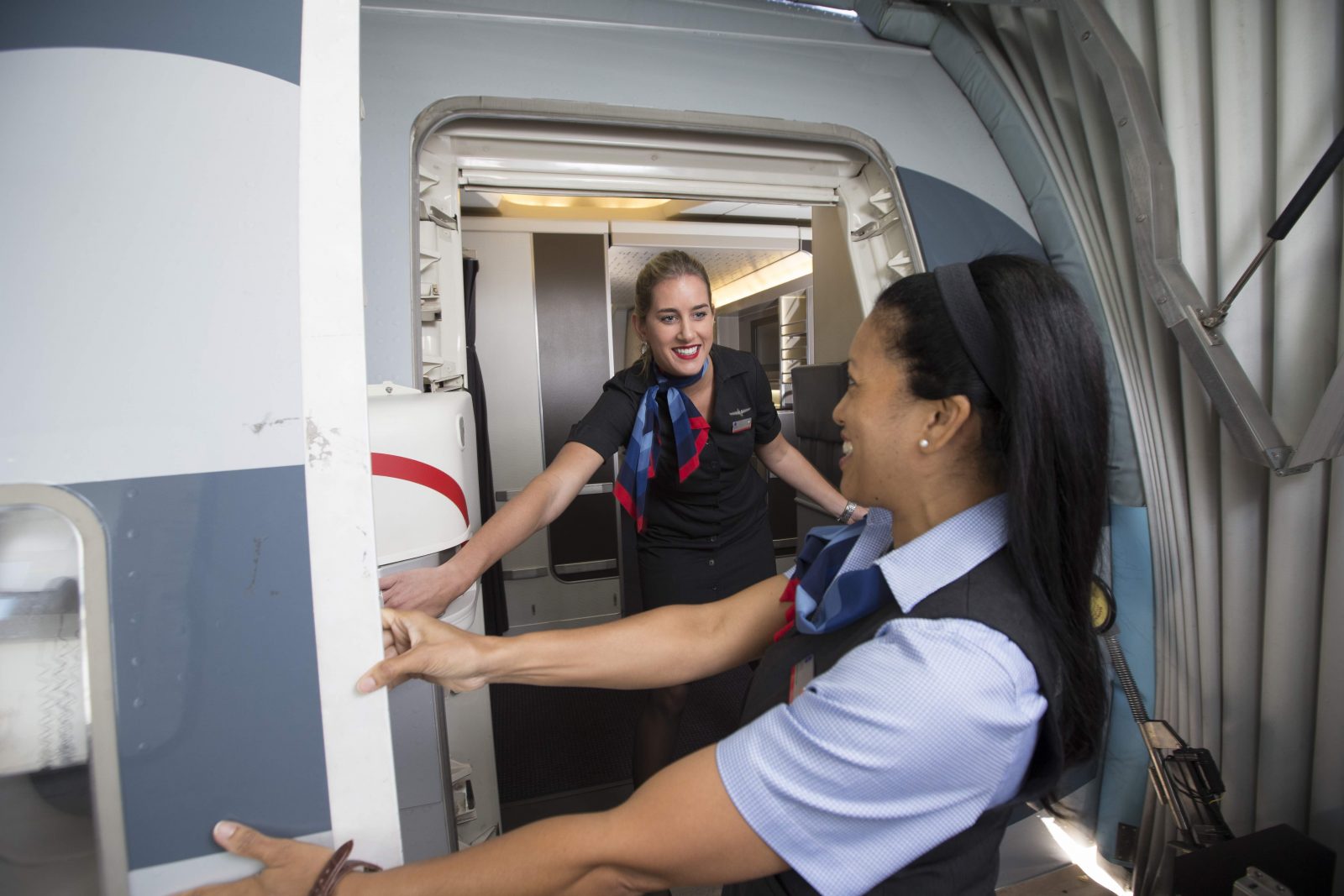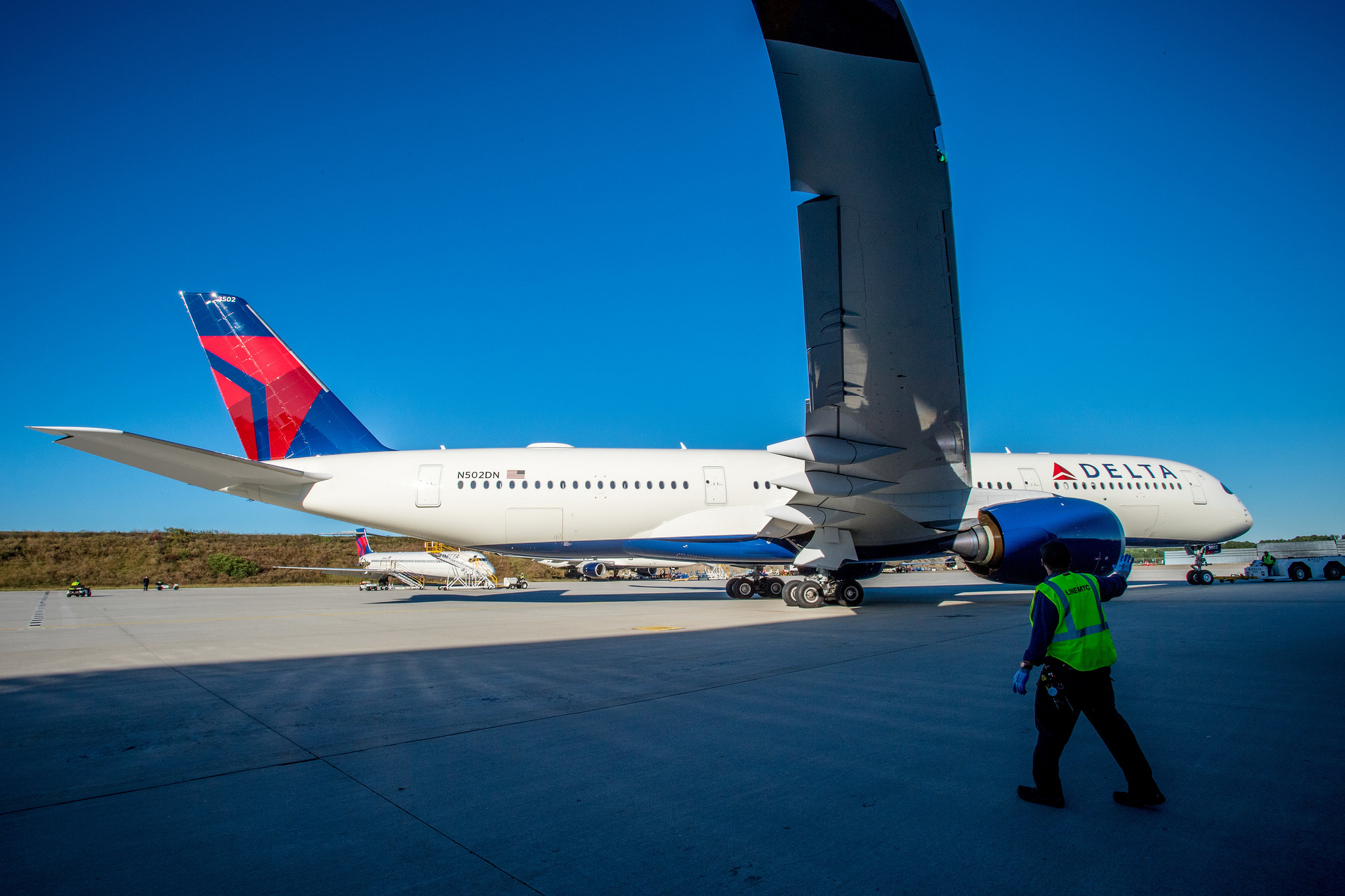
When Congress passed the FAA Reauthorization Act in October 2018, a specific provision contained within the Bill that would guarantee flight attendants more rest between flights seemed pretty clear cut. In fact, the provision explicitly stated that it must be enacted within 30-days of the Act being passed into law.
The Bill was signed into law by President Trump on October 5th yet flight attendants are yet to enjoy the benefits – specifically, the provision was meant to guarantee flight attendants at least 10-hours rest between duty periods of 14-hours or less.
Say, when flight attendants are doing a rotation of short-haul flights over several days with layovers in between.
The law is far from perfect and has more than it’s fair share of critics but it would bring the rules governing flight attendants in line with pilots who have enjoyed the 10-hour minimum rest period for a number of years.
For the provision to actually become law, the Secretary of Transportation would have to amend a rule contained within the FAA regulations for flight attendant flight duty limitations. That seemed pretty simple but months passed without any update from either the DOT or FAA.

At first, the delay was put down to the huge workload that had been placed on the FAA – there was the partial government shutdown and then the grounding of the Boeing 737MAX. It seemed reasonable that the FAA might be struggling to get on top of everything.
Then came allegations from the Association of Flight Attendants (AFA) that Delta Air Lines had been lobbying the FAA to delay implementing the rule. There have been similar allegations made against American Airlines. It turns out that other airlines, including American Airlines, say they need to get to grips with how the rules are going to work in practice.
They claim they need to rewrite schedules and hire more flight attendants in order to be able to comply with the rules and still maintain the same level of service that exists today.
But as pressure mounts on the DOT and FAA to get on with implementing the increased minimum rest period, the Secretary of Transportation, Elaine Chao has finally addressed the issue – it turns out the DOT intends to “slow-walk” the process and go through the extended rulemaking process. As a result, the provision isn’t likely to implemented until Spring 2020 at the earliest.
“Sadly, this Administration has defined itself as being profoundly anti-regulatory, committing itself to resisting new regulations while indiscriminately repealing existing ones, at a time when the FAA should be focused on aviation safety more than ever,” the Association of Professional Flight Attendants (APFA) said in a statement.
“American Airlines management needs to understand that waiting for our 10-hour FAR to be issued is simply unacceptable,” the statement continued.
“The intent of the language is clear. There is nothing that prevents an airline from voluntarily meeting the minimum 10-hour rest rule before it is required by the FAA.”
So, fight attendants will get an increased minimum rest period – it’s just going to take a lot longer than anyone, including Congress imagined.
Mateusz Maszczynski honed his skills as an international flight attendant at the most prominent airline in the Middle East and has been flying ever since... most recently for a well known European airline. Matt is passionate about the aviation industry and has become an expert in passenger experience and human-centric stories. Always keeping an ear close to the ground, Matt's industry insights, analysis and news coverage is frequently relied upon by some of the biggest names in journalism.







